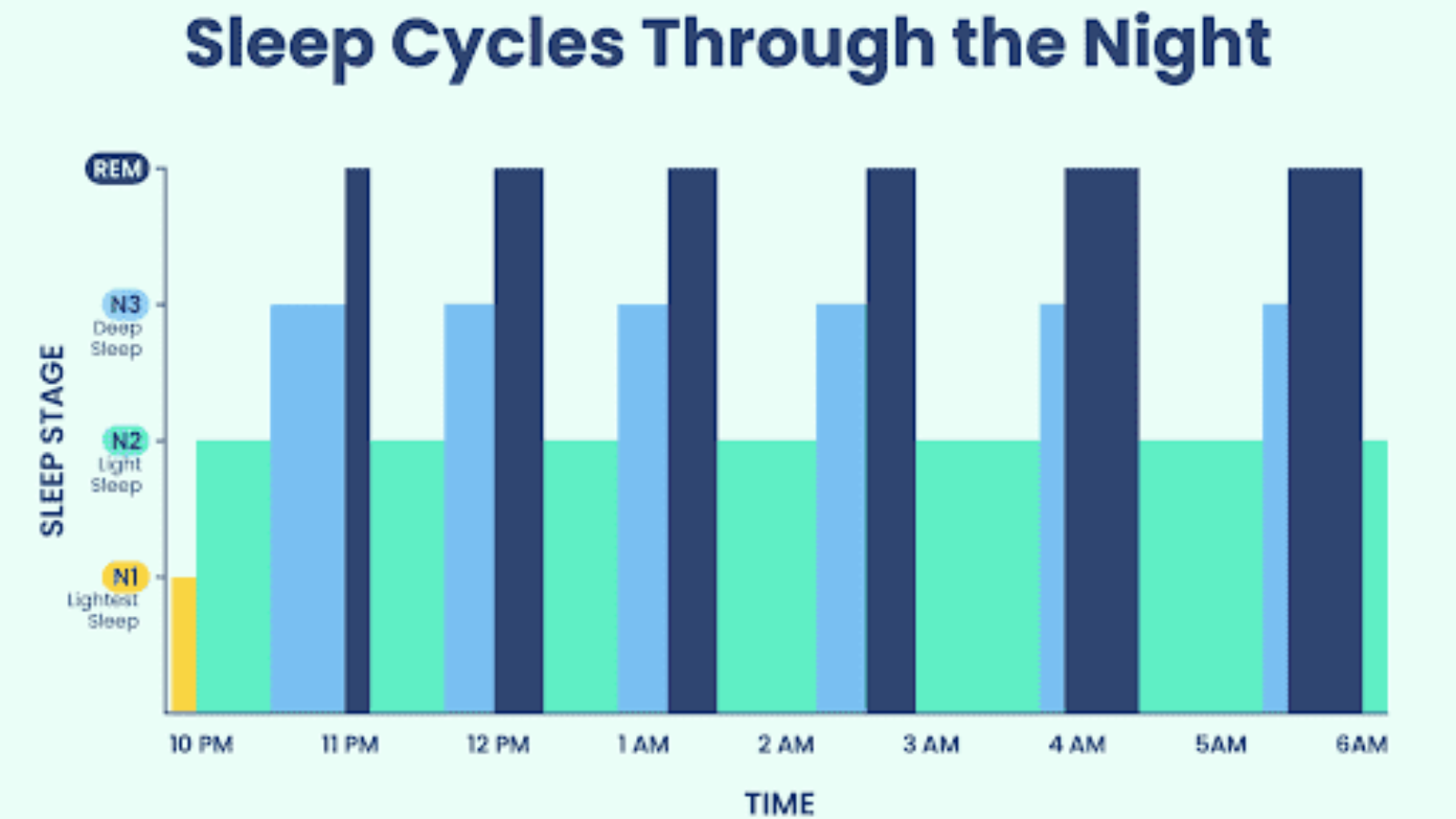
Have you ever woken up from a bizarre dream and wondered what it meant? You wouldn’t have been the only person to do so. For centuries, people have considered the meaning of our dreams.
Sleeping
Every night, our bodies need to recover from the day’s obstacles in order to improve our performance, mood, and overall health for the following day. But did you know that even as you sleep, your brain still performs all sorts of activities? As you sleep the night away, your brain progresses through different sleep cycle stages: REM (rapid eye movement) and NREM (non-rapid eye movement). When you first fall asleep, you experience the light sleep of the Stage 1 NREM phase, characterized by slowing brain activities. It is fairly easy to wake up from this stage of sleep, often without noticing that you have fallen asleep in the first place. However, if uninterrupted, a person progresses to the second stage of the sleep cycle: Stage 2 of NREM. In this stage, the body starts to cool down, the muscles relax, and the breathing/heart rate slows. The last stage of NREM is deep sleep.
After the period of non-rapid eye movement is over, REM takes place. In this stage, you experience atonia, which is the temporary paralysis of your body, except for your eyes and breathing mechanisms. Your body does this to prevent you from reenacting your dreams. Other than dreams, nightmares also occur in this stage of sleep.
Dreams
Did you know everyone is thought to have between 3 to 6 dreams every night? This phenomenon begs the question: Why do we dream in the first place?
Despite centuries of research and attempts at figuring out the answer to this question, we still do not have a clear answer. However, a popular theory is that dreams aid with memory consolidation. Deep NREM sleep helps in the consolidation and strengthening of individual memories. Moreover, dreaming and sleeping, in general, allow these memories to come together, allowing for greater creativity and problem-solving. A study by Greater Good Magazine tested this idea by waking up participants during NREM and REM stages. They were given anagram puzzles and had to unscramble letters to form a word. When woken up at a later interval during NREM sleep (which is when humans do not experience dreaming), participants were less creative compared to when they were woken up during REM (dreaming stage) sleep.
While much research has been and continues to be done, we still have many questions about dreaming that are yet to be answered. What we do know, however, is that sleep leads to many health benefits when done appropriately, such as restoring mood, healthy weight, reduced stress, lower chances of significant health problems, better memory, and many more. So, the next time you encounter a challenging situation, think back to the good old saying and sleep on it.
https://www.medicalnewstoday.com/articles/284378#_noHeaderPrefixedContent
https://newsinhealth.nih.gov/2013/04/sleep-it
https://health.gov/myhealthfinder/healthy-living/mental-health-and-relationships/get-enough-sleep
https://www.scientificamerican.com/article/the-science-behind-dreaming/


Add a Comment